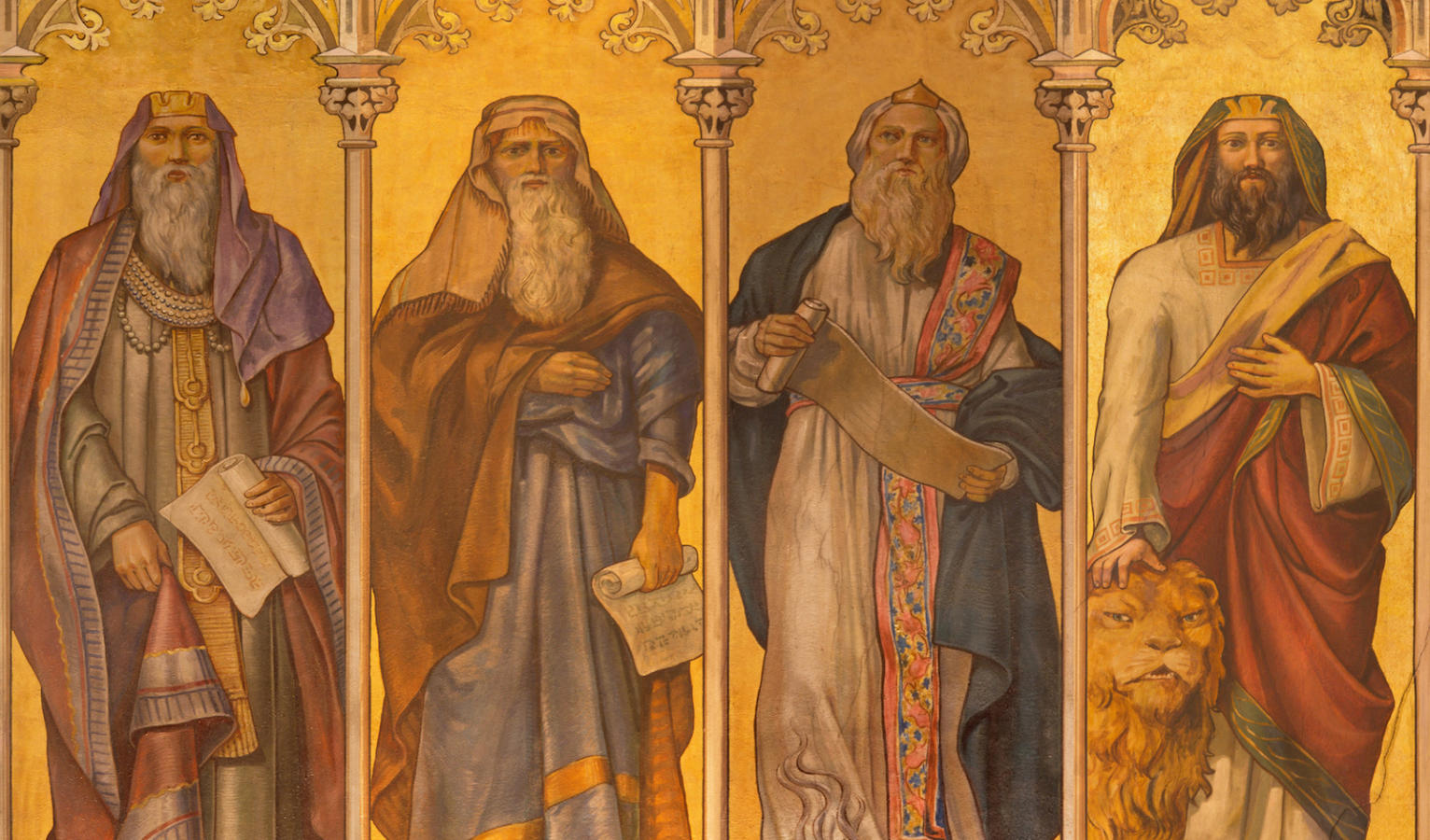Commentary on Parashat Bechukotai, Leviticus 26:3-27:34
The haftarah selection is from Jeremiah 16:19-17:14.
In the haftarah for Parashat Bechukotai (also read when Behar and Bechukotai are combined as a double portion) Jeremiah prophesizes on several themes in a relatively short span. Many scholars, responding to the discontinuous nature of this section of Jeremiah, suggest that it might be a collection of sayings culled from Jeremiah’s notes by his assistant Baruch.
The haftarah begins with a brief section in which Jeremiah discusses how God is always present for him. Those who turn to idols or “no-gods” (19:20) will ultimately be taught the power of the Lord.
Then Jeremiah indicts the people of Israel for their sins and warns them that they will be punished with losing their inherited land. He transitions from a discussion of land to a metaphor involving trees. A man who trusts only other men is cursed, like a bush in the desert, Jeremiah explains, never seeing when good comes and dwelling in isolation. A man who lives with trust in God is blessed like a tree planted by waters, its roots reaching a river, its leaves evergreen, its branches producing endless fruit.
Jeremiah also reminds the people that the human heart is deceitful, but God knows its ways and He will punish those who acquire wealth unjustly. The haftarah concludes with a short prayer for healing; an adapted version of this prayer is now incorporated into the weekday Amidah. Jeremiah’s prayer for healing actually continues as a longer prayer for the destruction of his enemies, but it was truncated in order for the haftarah to end on a positive note.

Help us keep Jewish knowledge accessible to millions of people around the world.
Your donation to My Jewish Learning fuels endless journeys of Jewish discovery. With your help, My Jewish Learning can continue to provide nonstop opportunities for learning, connection and growth.
Connection to the Portion
Parashat Bechukotai ends the book of Leviticus with a series of blessings and curses. The blessings will be bestowed on those who are obedient to God and His commandments. The curses will befall those who are disobedient. Though the haftarah touches on many subjects, the central image is that of the cursed man becoming like a dry bush, and the blessed man becoming like a lush tree.



